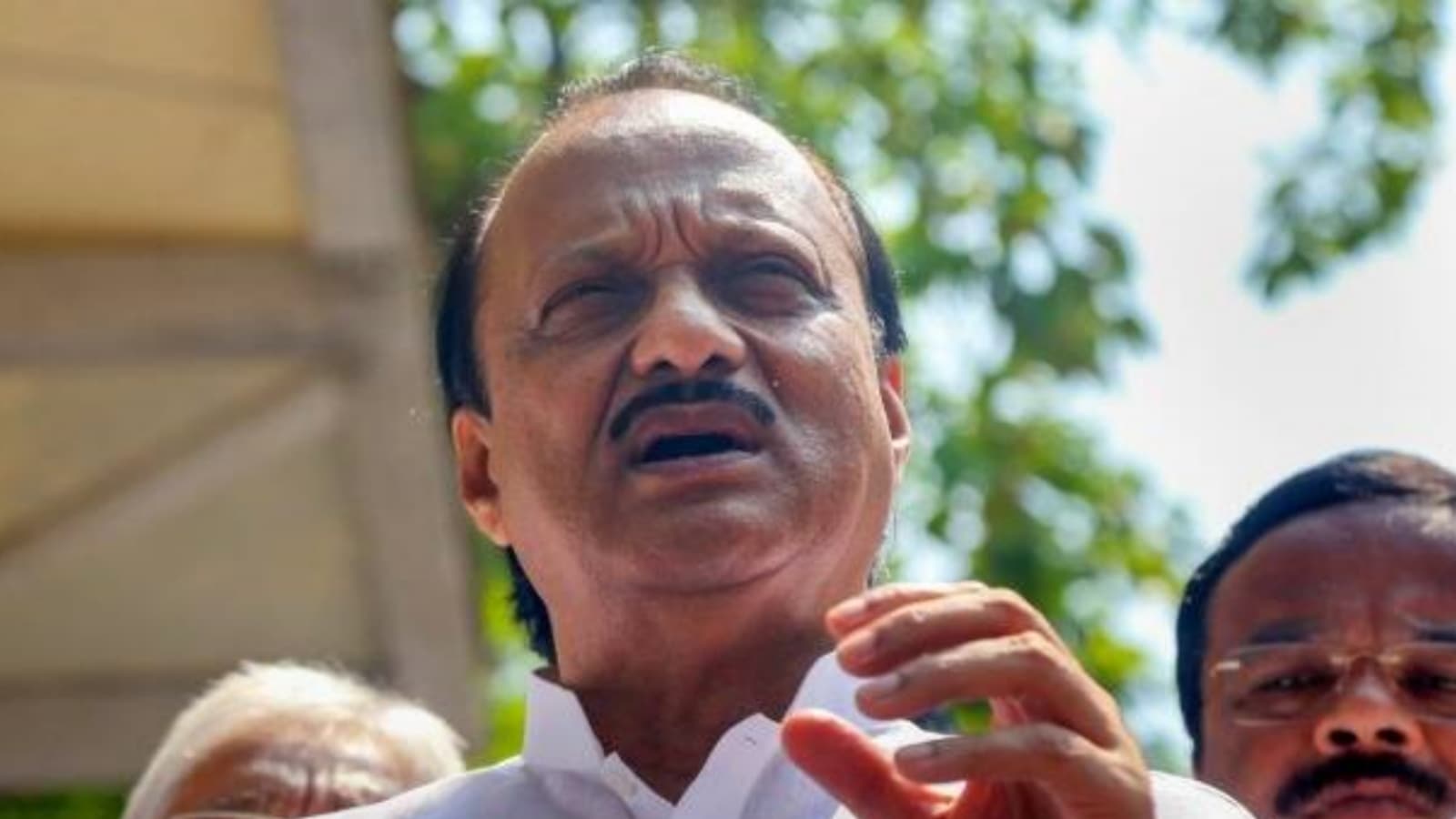 |
|
The political landscape in Maharashtra continues to be characterized by tensions and disagreements, particularly between the ruling BJP-Shiv Sena-NCP alliance. Recent statements by BJP leaders have further amplified these tensions, with scathing criticisms directed towards the NCP, a key partner in the coalition government. The situation has escalated to the point where the alliance is being described as an 'unholy' one, highlighting the deep-seated mistrust and friction that exists between the constituent parties.
The initial spark was ignited by state health minister Tanaji Sawant, a member of the Shiv Sena, who expressed his disgust with the NCP ministers, claiming he felt nauseous when he had to share a cabinet meeting with them. This public display of animosity set the tone for subsequent remarks by BJP leaders. Ganesh Hake, a spokesperson for the BJP, went a step further, calling the alliance 'unfortunate' and suggesting that it had not been well-received by either the BJP or the NCP. He questioned the commitment of the NCP to the alliance, highlighting the fact that NCP leaders and workers had been seen supporting the Congress during the Lok Sabha elections. This accusation implies that the NCP is not a reliable partner and has ulterior motives.
The criticism was further amplified by Dilip Deshmukh, another BJP leader, who went so far as to label the NCP as a 'step brother' to the BJP, implying that their relationship is superficial and lacks genuine camaraderie. He claimed that NCP workers had caused a lot of hardship to BJP workers and that Ajit Pawar, the NCP leader, had shown discriminatory practices in allocating development funds. This pointed accusation further reinforces the perception that there is a deep-seated mistrust and resentment towards the NCP within the BJP ranks.
In response to these criticisms, Ajit Pawar chose to adopt a defensive stance, asserting that his party's workers were capable of retaliating with similar remarks. He indicated that he had held discussions with high-ranking BJP leaders, including Prime Minister Narendra Modi, Home Minister Amit Shah, and Devendra Fadnavis, suggesting that he was seeking to resolve the conflict through dialogue. However, he also made it clear that he would not tolerate continued criticism from BJP leaders and that his party workers would respond accordingly. By emphasizing his dialogue with BJP leaders while simultaneously threatening retaliation, Pawar is attempting to maintain a delicate balance between diplomacy and assertiveness.
The current situation in Maharashtra reflects a growing tension within the ruling coalition. The BJP's open criticism of the NCP, coupled with the NCP's defiant response, raises serious questions about the future stability of the government. Whether this conflict will eventually lead to a breakdown of the alliance or whether it can be managed through compromise remains to be seen. However, the current atmosphere of mistrust and animosity suggests that the challenges facing the coalition are far from over.
Source: ‘Unholy alliance’: Two BJP leaders pour scorn on Ajit-led NCP
